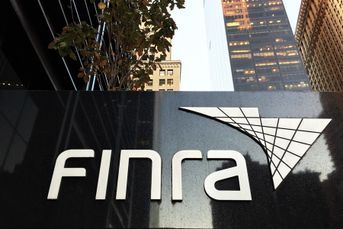Advisers should know how wealthy think
What F. Scott Fitzgerald supposedly told Ernest Hemingway is true: The rich are different from everyone else. But…
What F. Scott Fitzgerald supposedly told Ernest Hemingway is true: The rich are different from everyone else.
But it’s understanding how the rich are different from each other that can help brokers and financial advisers.
So says Stephen Gresham, chief sales and marketing officer, asset management, with The Phoenix Cos. Inc. in Hartford, Conn.
Commenting on this year’s “wealth survey” conducted by Phoenix and Harris Interactive Inc. of Rochester, N.Y., Mr. Gresham says that financial services “is a fragmented, mature industry” and thus requires a more mature approach.
“Financial advisers can’t work the same strategy on everyone,” he says.
Of course, leading retail broker-dealers such as Merrill Lynch & Co. Inc. and UBS Financial Services Inc., both of New York, have broad marketing campaigns targeting the rich.
But the high-net-worth marketplace, comprising investors with at least $1 million in investible assets, has more than one big target, Mr. Gresham says.
In fact, Phoenix’s fourth annual survey identified six targets, with no one group making up more than 24% of the total. The survey, which was conducted in March and April, comprised 1,496 interviews.
The groups ranged widely. Eleven percent of those surveyed were classified as “deal masters,” who were the youngest and wealthiest, and included the highest percentage of individuals who owned their own businesses.
Thirteen percent were “disengaged inheritors,” who were employed in the fewest numbers and tended to be the least charitable.
Brokers and advisers should be talking to the deal masters about such sophisticated strategies as alternative investments, says Mr. Gresham. But the disengaged inheritor is looking for an overall financial caretaker akin to a private bank.
It’s important for brokers and financial advisers to understand such differences, because many of their wealthy clients are potentially in play, according to the survey. Seventy-five percent of those surveyed had a primary financial adviser.
Interestingly, about 25% were somewhat or extremely dissatisfied with their advisers. The same amount would like more communication from their advisers, the survey found.
And 58% said it’s more important to preserve their capital in a safe manner, even if it means lower returns, up from 44% who thought this way in 2000.
Learn more about reprints and licensing for this article.








